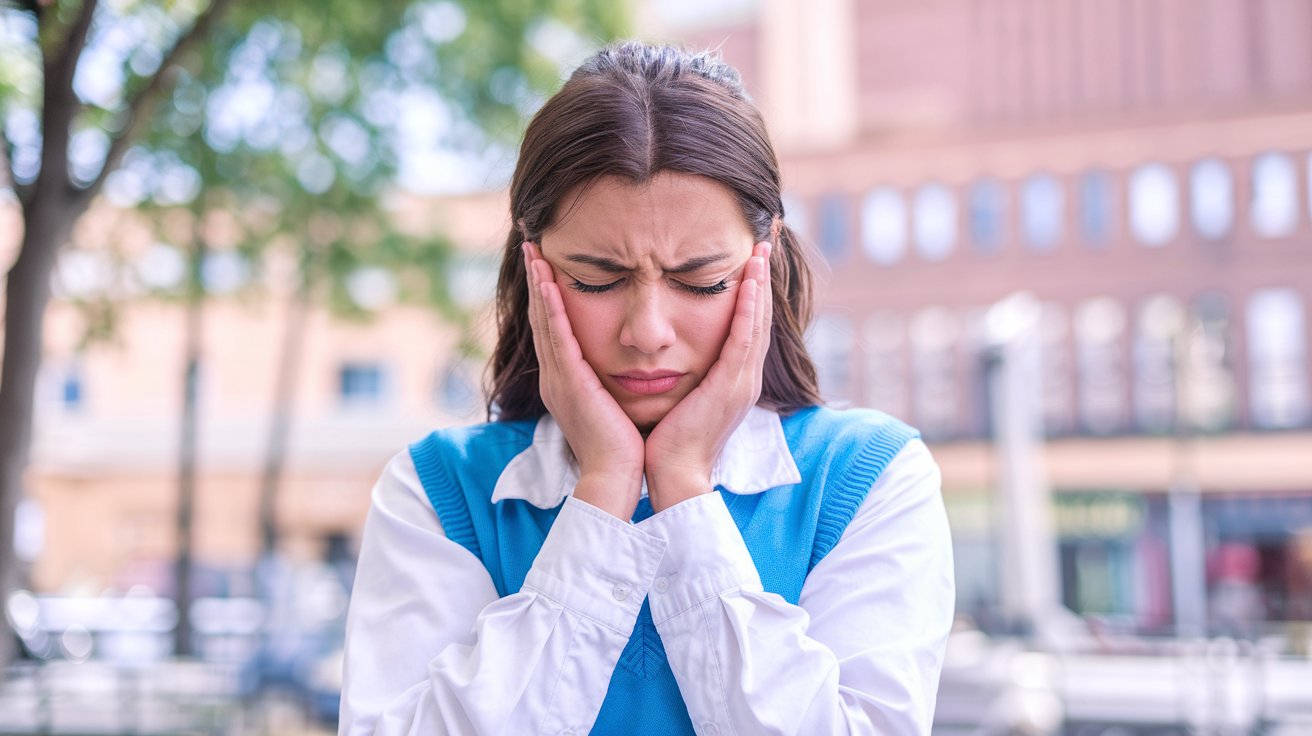Navigating Aging: Understanding and Supporting Seniors Health

Retirement is often seen as a time to relax, travel, and enjoy family. However, for many seniors, this phase of life can bring unexpected challenges and mental health struggles. Shockingly, 43% of seniors in the U.S. experience clinical depression. By understanding these challenges, we can work toward supporting seniors in living fulfilling and joyful lives.
Key Takeaways:

- Retirement and the senior years can present unexpected challenges that impact mental health.
- Clinical depression affects a significant percentage of older adults in the United States.
- Factors such as loss of independence, financial stress, and social isolation contribute to mental health struggles.
- Addressing the mental health needs of seniors is key to improving their well-being and quality of life.
- Destigmatizing mental health issues and providing accessible resources are critical to supporting senior wellness.
Some blog articles may contain affiliate links to products or services for which we could receive a commission on transactions. A.I. generators may assist some of the content on this blog site.
Thank you for visiting our blog!
Understanding the Reality of Senior Depression

Many people assume the golden years are a time of pure happiness and leisure. However, for countless seniors, this period brings significant emotional and mental health challenges. Myths about aging and mental health often prevent seniors from getting the help they need.
Common Misconceptions About Aging and Mental Health

One major myth is that depression is a natural part of aging. This belief perpetuates the idea that seniors must simply endure sadness and loneliness. However, depression is not a normal part of aging, and older adults deserve proper mental health care and support.
Statistics That Tell the Real Story
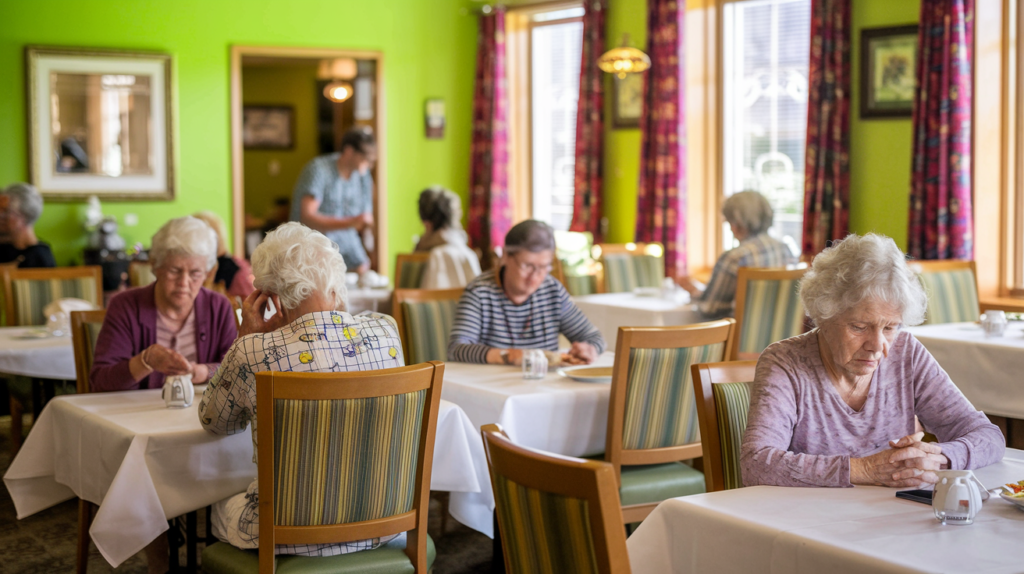
The reality of senior depression is evident in the numbers. About 2 million American seniors experience depression, but only 10% receive treatment. Additionally, seniors account for 18% of all suicides, further highlighting the urgent need for mental health interventions.
| Statistic | Value |
|---|---|
| Percentage of seniors affected by depression | 7% |
| Percentage of seniors who receive treatment | 10% |
| Percentage of seniors who die by suicide | 18% |
Breaking Down the Mental Health Stigma

Stigma remains a significant barrier to mental health care for seniors. Many older adults feel too ashamed to seek help or dismiss their feelings as a normal part of aging. By fostering open conversations and providing education, we can help break this stigma and encourage seniors to prioritize their mental health.
The Hidden Struggles of Aging: Physical and Emotional Challenges
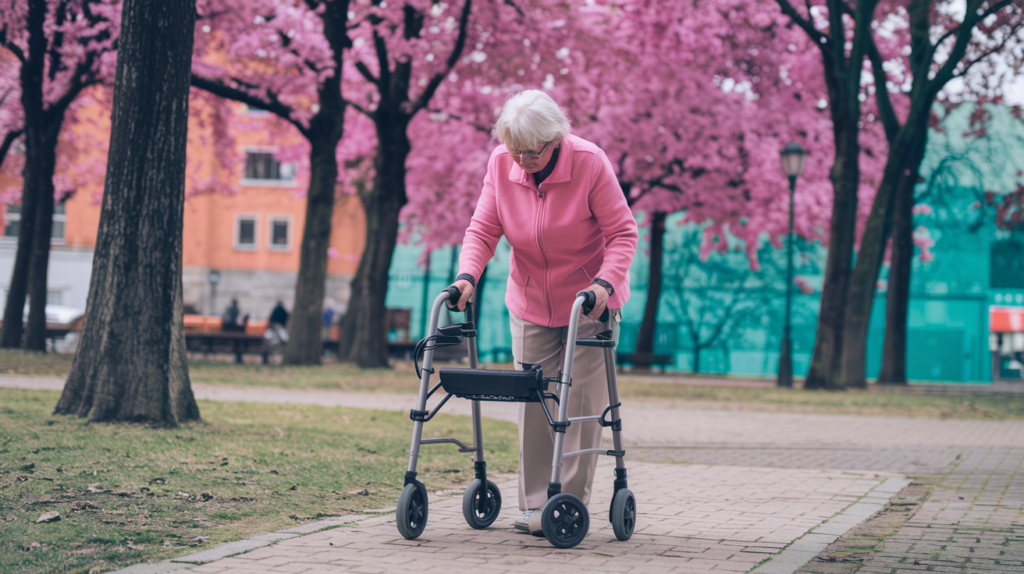
As people age, they face unique challenges that can contribute to depression and other mental health issues. Understanding these struggles is essential to providing proper care and support.
Chronic Health Conditions
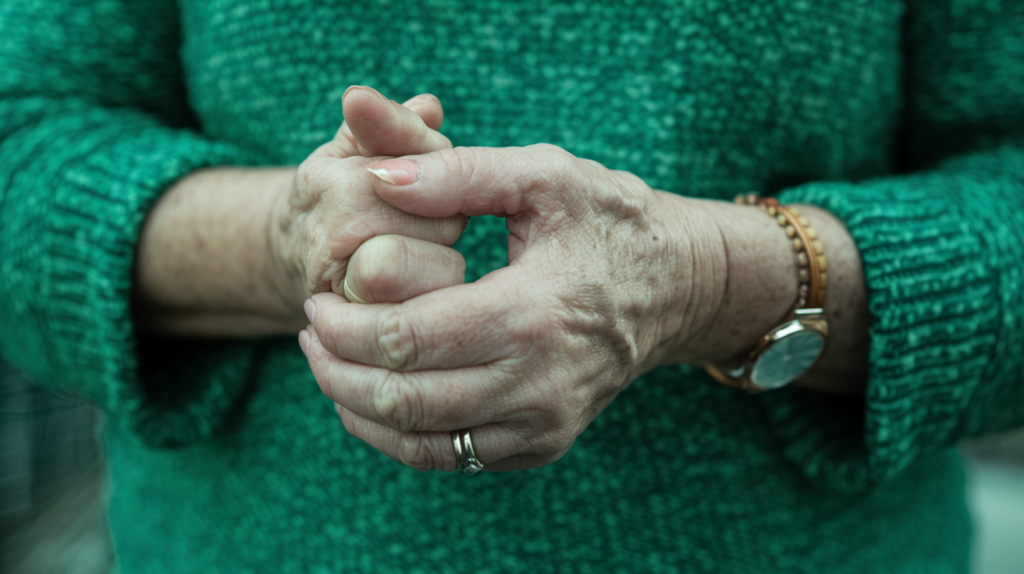
Chronic illnesses such as arthritis, heart disease, and cognitive decline often affect seniors. These conditions can lead to frustration, isolation, and feelings of helplessness, which increase the risk of depression.
Loss of Independence
The inability to perform daily tasks or the need for assistance can leave seniors feeling less self-sufficient. This loss of independence often diminishes their sense of purpose and self-worth.
Cognitive Decline
Conditions like memory loss and dementia cause anxiety and depression for many seniors. The fear of losing mental abilities creates a profound sense of loss and vulnerability.
“The challenges of aging can be multifaceted, encompassing both physical and emotional components that can significantly impact an individual’s mental well-being.”
Recognizing Depression Symptoms in Older Adults

Depression is a serious mental health condition, not an inevitable part of aging. Recognizing the signs is critical for early intervention and effective treatment.
Common Symptoms of Depression in Seniors:

- Persistent feelings of sadness, hopelessness, or emptiness
- Loss of interest in activities previously enjoyed
- Changes in sleeping patterns, such as insomnia or oversleeping
- Unexplained weight loss or gain
- Fatigue and lack of energy
- Difficulty concentrating or making decisions
- Physical aches and pains without a clear cause
- Feelings of worthlessness or excessive guilt
- Recurrent thoughts of death or suicide
If you or a loved one displays these symptoms, seeking professional help is essential. Treatment options like therapy, medication, or a combination of both can significantly improve quality of life.
The Impact of Loss and Grief on Senior Mental Health

Loss is an inevitable part of aging, and coping with grief is a significant emotional burden for many seniors. Whether it’s the death of a spouse, family member, or friend, the emotional impact can be profound.
Coping with the Death of Loved Ones
Grief often intensifies feelings of loneliness and depression. Seniors who lose their partners may experience a deep sense of isolation and struggle to rebuild their lives.
Adjusting to Major Life Changes

Retirement, moving, or declining health can be overwhelming. These transitions often lead to feelings of purposelessness and contribute to depression.
By understanding the effects of loss and grief, caregivers and loved ones can provide the emotional support seniors need to navigate these difficult times.
The Connection Between Physical and Mental Health

The link between physical and mental health is undeniable. Chronic illnesses and mobility challenges not only affect physical well-being but also take a toll on mental health.
Physical Health Challenges and Mental Health Impact:

- Arthritis: Can lead to depression, anxiety, and loss of independence
- Heart Disease: Often associated with stress, anxiety, and depression
- Diabetes: Increases the risk of depression and emotional distress
- Parkinson’s Disease: Commonly linked to depression, anxiety, and cognitive impairment
Addressing both physical and mental health needs through a holistic approach can improve seniors’ overall quality of life. By prioritizing wellness in all forms, seniors can remain active and engaged.
The Role of Family Support in Senior Mental Wellness

Family members play an essential role in supporting seniors’ mental health. By recognizing symptoms of depression and providing emotional and practical assistance, families can help their loved ones feel valued and cared for.
Ways Families Can Help:

- Encourage open conversations about feelings and mental health
- Attend medical appointments and participate in care planning
- Support daily tasks to reduce stress and improve safety
- Facilitate social activities and hobbies to combat loneliness
“The greatest gift you can give someone is your time. Because when you give your time, you are giving a portion of your life that you’ll never get back.”
Professional Treatment Options for Senior Depression
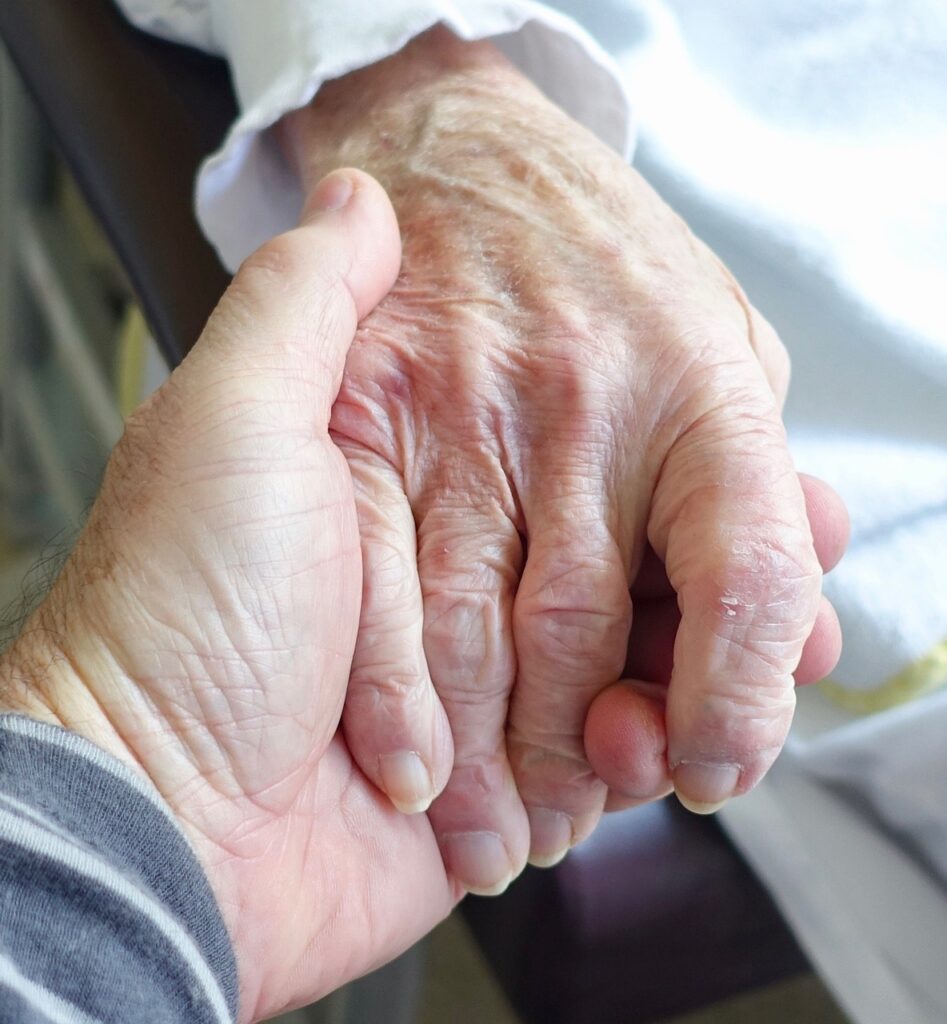
Depression is highly treatable, and seeking professional help is critical for improving seniors’ quality of life. Therapy, counseling, and medication are common options that can make a significant difference.
Benefits of Therapy and Counseling:

- Provides a safe and supportive environment to explore emotions
- Teaches coping strategies for managing symptoms
- Enhances understanding of mental health conditions
Medication Management:
- Helps alleviate symptoms of depression and anxiety
- Requires close monitoring by healthcare professionals to ensure safety and effectiveness
Creating a Supportive Environment for Aging Adults
Adapting living environments and fostering a sense of community are vital for supporting seniors’ mental health. Small adjustments can make a big difference in their overall well-being.
Supportive Environment Elements and Benefits:
- Home Modifications: Improves safety, independence, and accessibility
- Community Engagement: Reduces isolation and fosters meaningful connections
- Comprehensive Support Systems: Provides access to healthcare, mental health services, and caregiver resources
By creating environments that meet the needs of aging adults, we can help them maintain independence and thrive.
Lifestyle Changes That Make a Difference

Simple lifestyle changes can significantly improve seniors’ mental health. Regular exercise, social connections, and engaging in meaningful activities are powerful tools for combating depression.
Key Lifestyle Changes and Benefits:
- Exercise: Boosts mood, increases energy, and improves sleep
- Social Engagement: Reduces loneliness and enhances emotional support
- Hobbies and Interests: Provide a sense of purpose and joy
By adopting these changes, seniors can enjoy healthier, happier lives in their golden years.
FAQ

What are the common misconceptions about aging and mental health?
Many believe depression is a normal part of aging, but it is not. Seniors deserve the same mental health care and support as any other age group.
What are the symptoms of depression in older adults?
Symptoms include persistent sadness, loss of interest in activities, changes in sleep patterns, fatigue, and feelings of worthlessness. These are not normal signs of aging and should be addressed by a healthcare professional.
What treatment options are available for senior depression?
Therapy, counseling, and medication are effective treatments for managing depression in older adults. Working closely with healthcare providers ensures the best outcomes.
How can families support seniors with depression?
Families can help by recognizing symptoms, offering emotional support, attending medical appointments, and encouraging social engagement.



